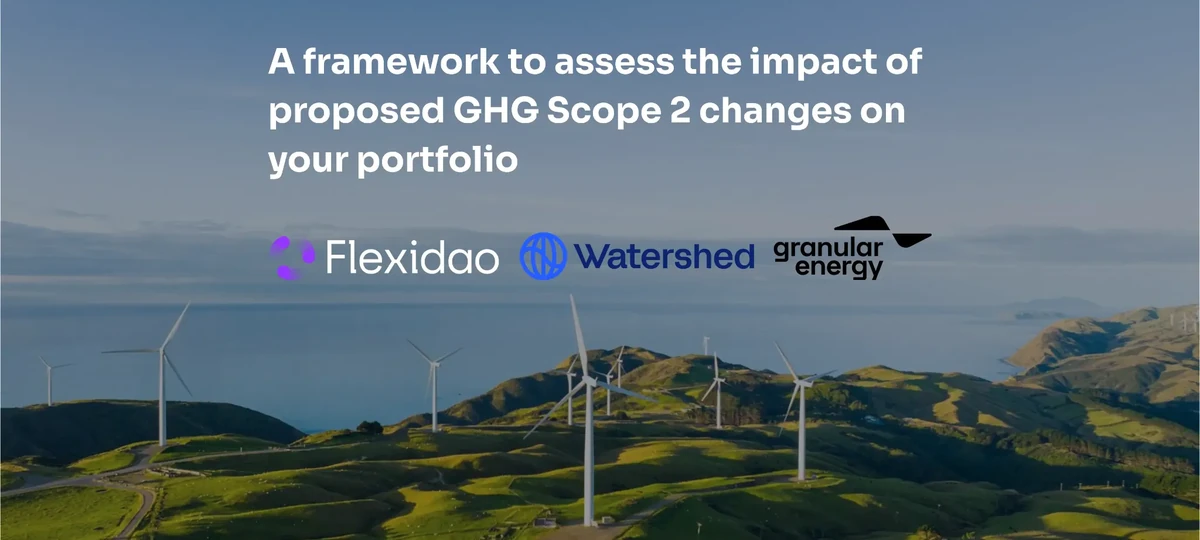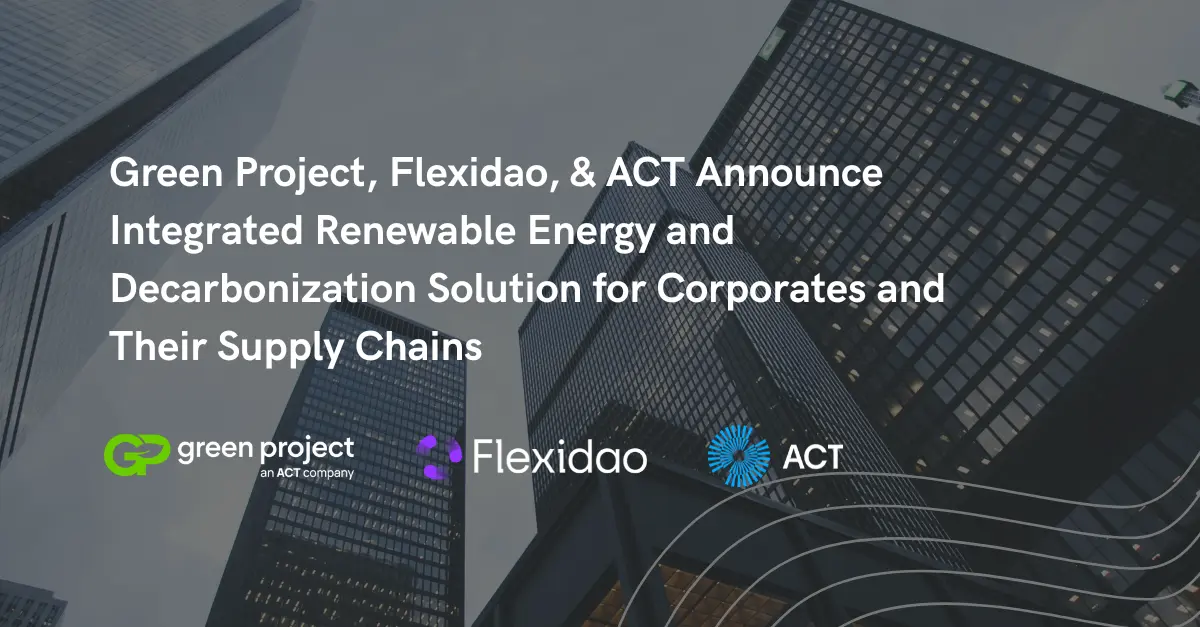
Welcome to Flexidao's Blog
Insights to reduce compliance risk, improve the ROI of your energy contracts and simplify clean energy reporting.

Blog
Flexidao wins P&G's 2025 External Business Partner Excellence Award
Being named among P&G's top 40 partners out of more than 50,000 global suppliers is a milestone we're incredibly proud of.
News & Resources
Thank you! Your submission has been received!
Oops! Something went wrong while submitting the form.







.webp)
.webp)
.webp)
.webp)
.webp)
.webp)
.webp)
.webp)
.webp)

.webp)

